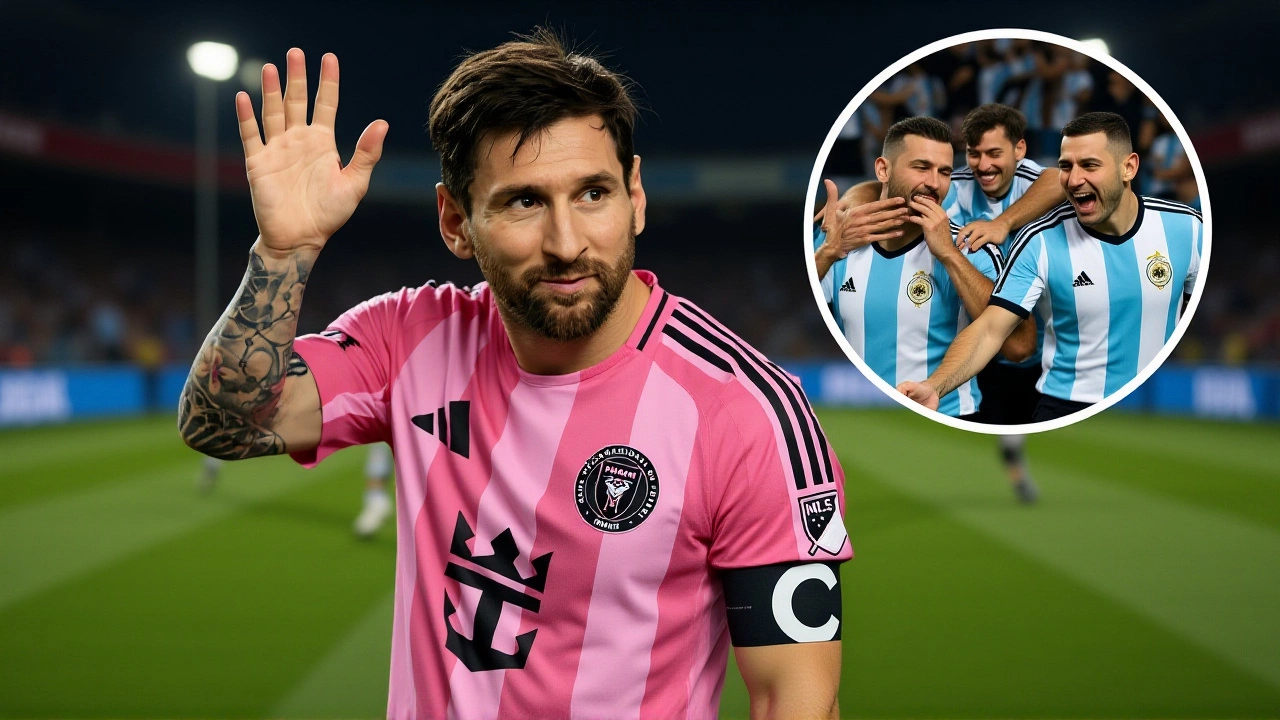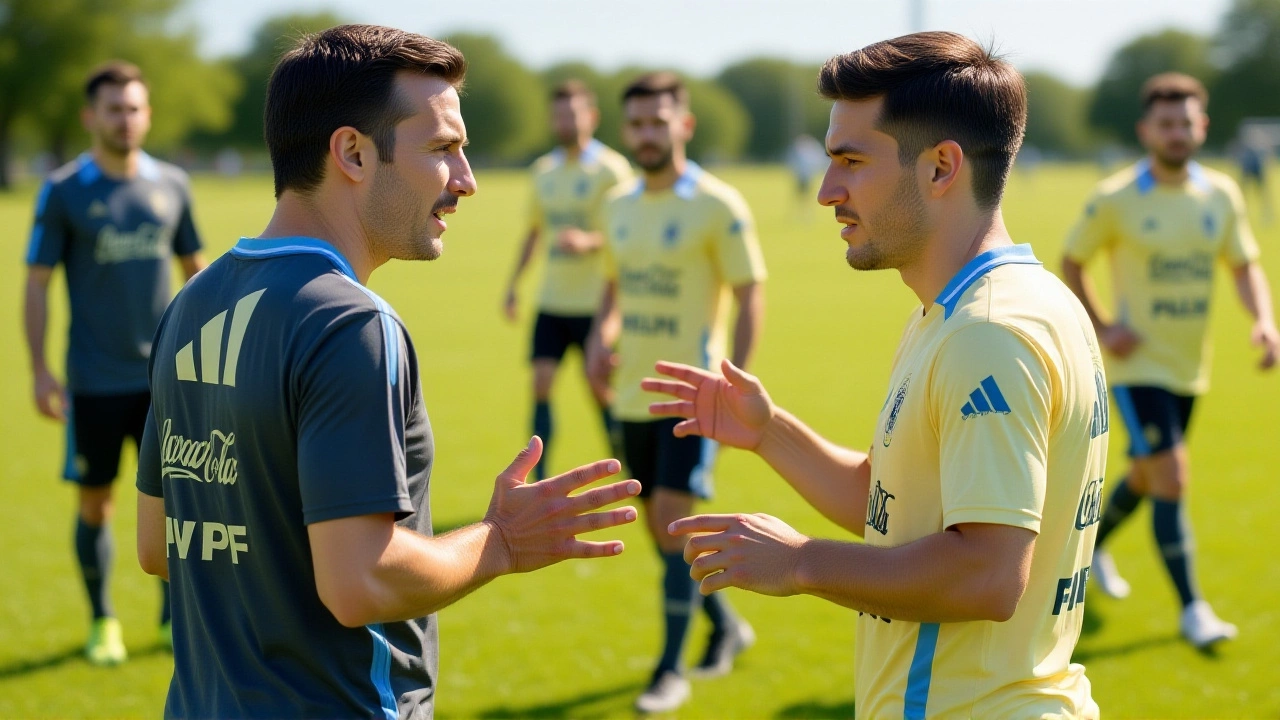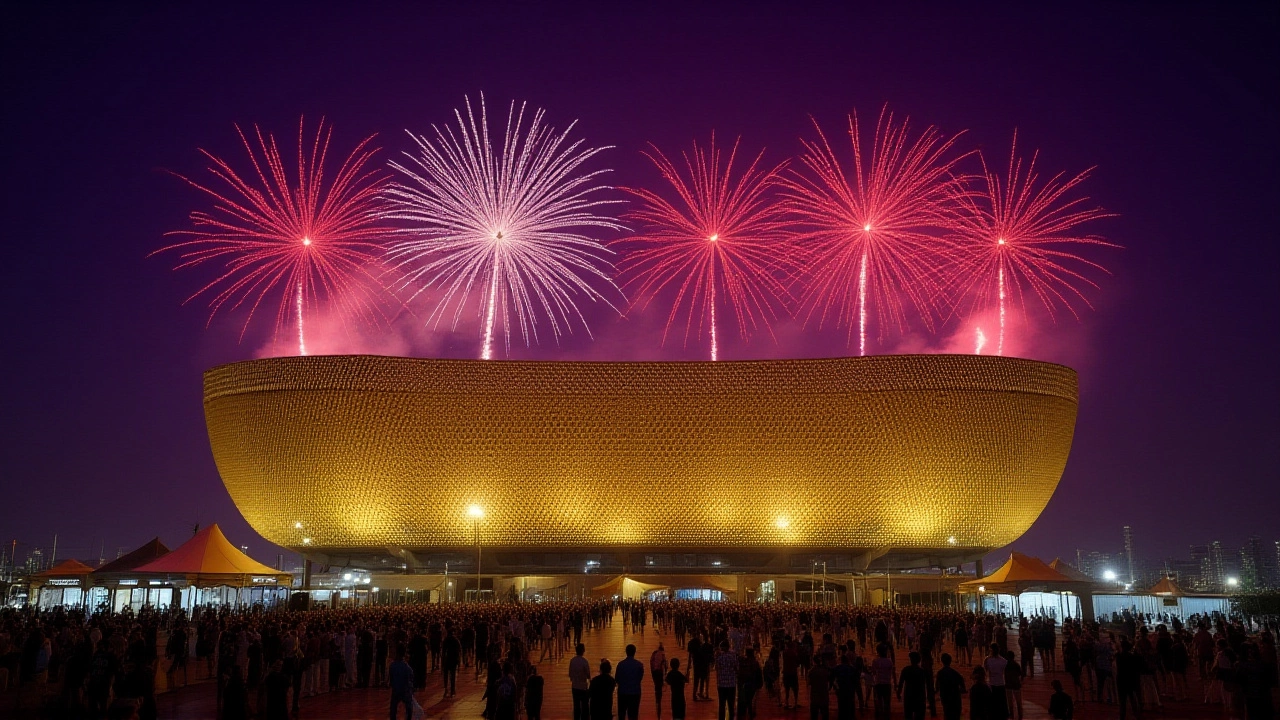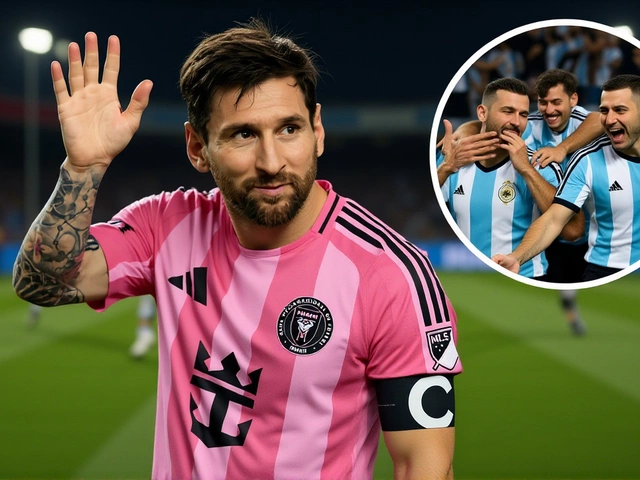Messi’s Double Secures Inter Miami’s Home‑Field Edge in MLS Playoffs

When Lionel Andrés Messi, designated player of Inter Miami CF struck twice and set up a third on October 11, 2025, at Chase Stadium in Fort Lauderdale, the South Florida club turned a routine finale into a playoff‑securing spectacle. The 4‑0 demolition of Atlanta United FC not only locked home‑field advantage through the MLS Cup Playoffs, it sent a clear message that the league’s newest super‑stars are rewriting the marketability playbook.
Fans were treated to a night that felt more like an international showdown than a regular‑season match. The Argentina national team delegation – led by head coach Lionel Scaloni and several non‑traveling players – cheered from the stands each time the Argentine legend touched the ball. Their presence turned the atmosphere into a mini‑Copa América, reminding everyone why Miami’s ownership invested heavily in global talent.
Match Summary and Key Moments
Messi opened the scoring early, capitalising on a slick overlap from Jordi Alba. The Argentine’s first touch sent the ball looping over the Atlanta back‑line before he slotted it past goalkeeper Jaden Hibbert. Minutes later, the same winger delivered a perfect assist for Sergio Busquets, whose pass threaded through the defense for a third‑minute finish. The half‑hour mark saw a rapid exchange ending with a corner that found Alba, who sprinted down the left flank and crossed for Messi to finish his second goal – a touch, a bounce, and a poise‑filled finish that left Hibbert merely waving a hand.
The 61st minute brought a surprise burst of power from Luis Suárez, forward of Inter Miami CF. From just outside the box, he unleashed a right‑footed strike that thumped into the top corner, prompting a collective roar from the crowd. The final whistle confirmed the 4‑0 scoreline, cementing a seventh straight win for Miami.
How the Win Secures Playoff Position
With the victory, Inter Miami leapt to first place in the Eastern Conference, tallying 68 points from 34 matches (20‑8‑6). The math is simple: the win guarantees home‑field advantage for every playoff round, a cushion that could be decisive in a league where travel fatigue often decides tight series. The club now sits atop the bracket, meaning the first two playoff games – against the fifth‑seeded New York Red Bulls – will be played before a packed Chase Stadium crowd.
Statistically, Miami dominated: 65 % possession, 18 shots (10 on target) and six corners versus Atlanta’s eight shots (three on target) and two corners. The shot differential alone underscores a tactical shift under head coach Phil Neville, who has leaned into a high‑press, ball‑recovery system that suits Messi’s playmaking style.

Reactions from the Argentina Delegation and MLS Officials
Scaloni, watching from the upper tier, raised a toast to Messi after the second goal, shouting, “¡Vamos, Leo! Keep the magic alive!” The delegation’s enthusiasm was captured by beIN Sports, noting that “every time the Argentine star receives the ball, the entire stadium erupts as if it were a World Cup qualifier.”
MLS commissioner Don Garber praised the spectacle, saying, “Messi’s performances have elevated the entire league’s profile, drawing 2.3 million viewers for this match alone.” Garber’s comment echoes a trend: since Messi’s arrival, average MLS viewership has risen by roughly 15 % season‑to‑season.
Impact on Inter Miami’s Season and League Profile
Beyond the points, the win reinforces the club’s brand strategy. Owner David Beckham and chairman Jorge Mas have long marketed Miami as a “global football destination.” Their investment in marquee talent has already paid dividends: merchandise sales surged 28 % after Messi’s debut, and ticket revenues for the last five home games topped $12 million.
From a competitive standpoint, the squad’s chemistry appears to be clicking. Busquets’ deep‑lying passes, Alba’s overlapping runs and Suárez’s ruthless finishing create a balanced attack that could trouble any opponent. Even the referee, Ismail Elfath, noted in his post‑match report that the game remained “fairly clean, with only two yellow cards handed to Atlanta players.”

Looking Ahead: Playoff Preview and What It Means for MLS
The next hurdle arrives on October 26, when Miami hosts the New York Red Bulls. Analysts point to the Red Bulls’ defensive solidity – they conceded just 0.8 goals per game this season – as the primary challenge. Still, with Messi’s confidence soaring and the crowd’s energy still buzzing, Miami’s odds of advancing past the first round look promising.
On a broader scale, the match highlighted a shifting MLS narrative: star power is now a driver of both on‑field success and commercial growth. If Miami can translate home‑field advantage into a deep playoff run, the league may see an accelerated push toward more international talent acquisition, potentially reshaping salary‑cap dynamics in future seasons.
Frequently Asked Questions
How does Messi’s performance affect Inter Miami’s playoff chances?
Messi’s two goals and assist secured a 4‑0 win that lifted Miami to first place in the Eastern Conference, guaranteeing home‑field advantage for every playoff round. Playing at home often translates into higher win probabilities, especially in the high‑pressure MLS Cup format.
Who were the key contributors besides Messi?
Luis Suárez added a powerful 61st‑minute strike, while Jordi Alba supplied the assist for Messi’s second goal. Sergio Busquets orchestrated midfield play, and goalkeeper Jaden Hibbert kept Atlanta in the game with several crucial saves.
What impact does the Argentina delegation’s presence have on MLS viewership?
The delegation, led by coach Lionel Scaloni, turned a regular MLS match into a quasi‑international event, boosting the broadcast audience to an estimated 2.3 million viewers – a record for a regular‑season game and a clear sign of Messi’s global draw.
When does Inter Miami’s first playoff game take place?
The club’s opening playoff fixture is scheduled for October 26, 2025 at Chase Stadium, where they will face the New York Red Bulls, the Eastern Conference’s fifth seed.
What does this win mean for MLS’s future growth?
The high‑profile performance underscores the league’s emerging model of attracting global stars to raise competitiveness and commercial appeal. Success stories like Miami’s could encourage more clubs to invest in marquee talent, potentially reshaping salary‑cap structure and international broadcasting deals.

